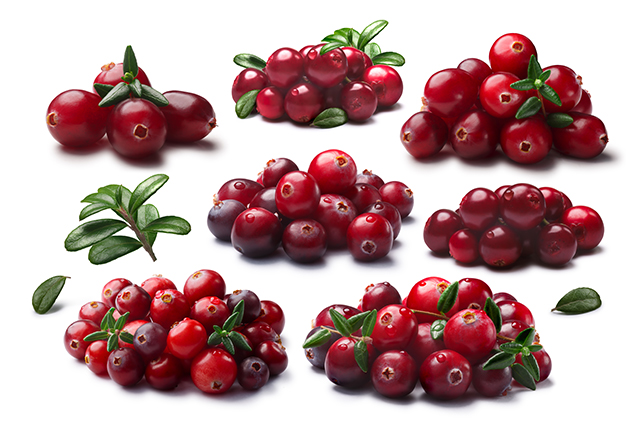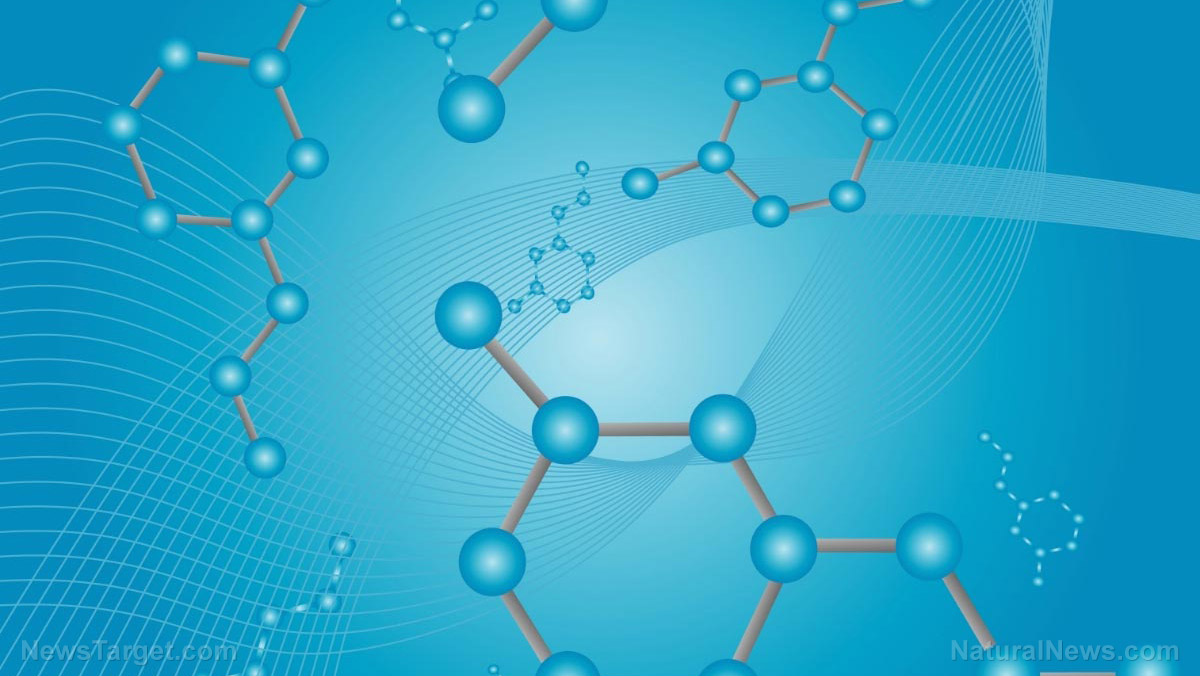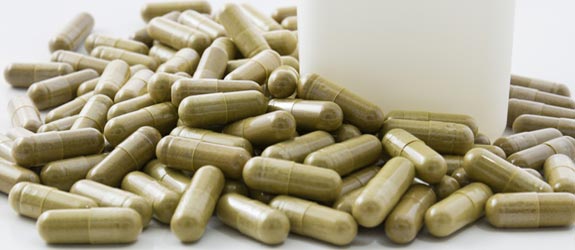How non-sugar sweeteners affect your health: A look at the research
07/14/2018 / By Ralph Flores

A lot of people have an appetite for sugar. Studies have shown that the body’s response to sugary food starts even before it enters the body, with the brain firing on all cylinders to excite the reward circuit and produce dopamine, a neurotransmitter that regulates pleasure and reward.
However, past decades have also shown that people are becoming increasingly aware of its dangers. These days, nearly everyone knows why sugar – in particular, added sugars – is bad for the health. It increases the risk of dying because of heart disease, is associated with higher rates of periodontal disease, and may put an infant at a higher risk of allergy and asthma.
Of course, people still can’t get rid of their dopamine fix, turning to healthier alternatives to sugar. Recently, non-nutritive sweeteners (NNSs) have become more ubiquitous, as more food products have replaced sugar with this calorie-free option. The Food and Drug Administration has already approved a handful of artificial sweeteners, a synthetic form of NNS, including acesulfame-K, aspartame, neotame, saccharin, sucralose, and advantame.
Natural forms of NNS are also becoming available. In countries like Japan, stevia has long been used as a sweetener. (Related: Stevia is a natural anti-inflammatory and anti-cancer agent.)
This is the perfect moment to understand the science behind NNS, as well as their possible health benefits and, if ever, adverse effects on the body, according to a study published in Nutrition Journal.
Researchers from the University of Pécs in Hungary, the University of Freiburg in Germany, and Paris Descartes University collected all relevant data on the health effects of NNS consumption. For a study to be included in the review, specific factors had to be met: It had to be a study on humans, it had to be either an intervention or exposure to artificial sweeteners or NNSs, it reported health outcomes, and it had no restrictions in study design or language.
To get data, the team scoured multiple electronic databases for pertinent data over a period of three years. Sites included Ovid MEDLINE, Embase, and Cochrane Library’s CENTRAL database. After collecting the studies, these were then sifted and grouped depending on the nature of the research.
The scoping review yielded 372 studies, of which 15 were systematic reviews, 155 randomized controlled trials (RCTs), 23 non-randomized controlled trials, 57 cohort studies, 52 case-control studies, 28 cross-sectional studies, and 42 case series (including case reports).
The results of the analysis were divided between short-term and long-term outcomes, with the research team recording both positive and negative effects of artificial sweeteners and NNSs. Based on the studies reviewed, NNSs have no significant impact on a person’s appetite and short-term intake.
Long-term outcomes, however, had differing results. In particular, studies that evaluated the link between artificial sweeteners and bladder cancer and urinary tract cancer show 11 case-control studies that positively link the two factors and 20 that report no association. The authors proffered that a systematic review may potentially bring conclusive results.
Health outcomes between chronic kidney disease and NNS consumption were different as well – with results varying between no association to a significant increase in risk.
The effects of NNS on diabetes have focused mainly on glycemic control, which could benefit from a full-fledged systematic review, according to researchers. There were no studies that correlate natural non-caloric sweeteners with diabetes, as well as weight loss.
Overall, the authors highlight the need for well-conducted reviews to summarize results quantitatively and check their integrity.
“There are numerous health outcomes, like incidence of headaches in association with NNS consumption, depression, Alzheimer’s disease, risk of preterm delivery, behavioural effects, cardiovascular effects or risk of chronic kidney disease, which were investigated in only few studies and further research activity is needed,” the authors concluded. “A systematic review may also help to enable formulating recommendations for subjects with diabetes and hypertension on using NNS.”
With so many sugar alternatives popping up, learn which ones are good for the body by heading to Sweeteners.news today.
Sources include:
Tagged Under: artificial sweeteners, calorie-free, NNS, NNS consumption, non-nutritive sweeteners, non-sugar sweeteners, stevia, sugar, sugar consumption




















